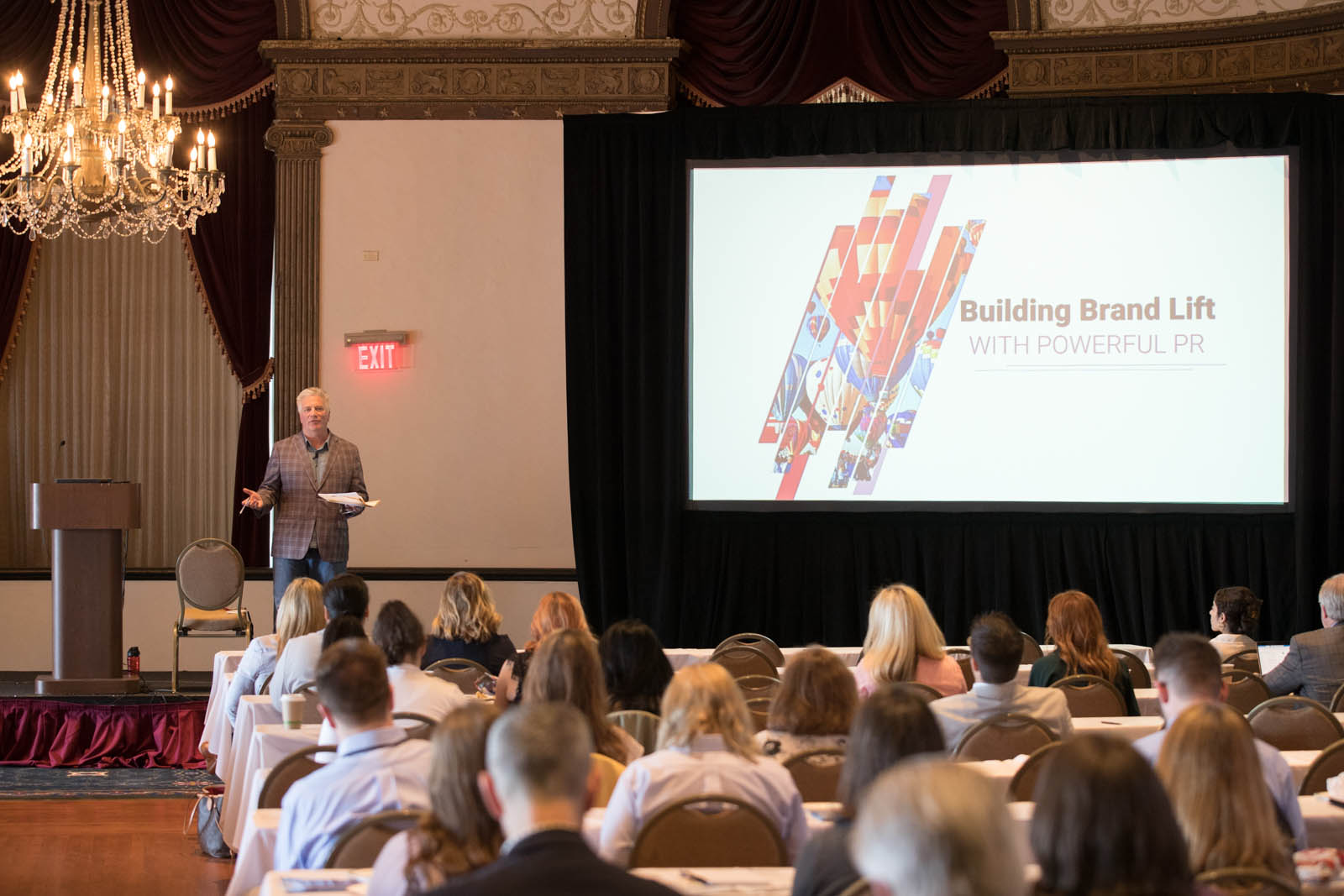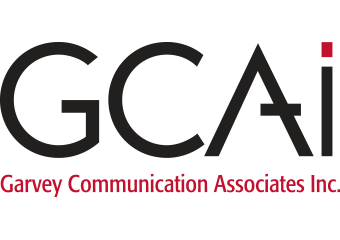“It takes 20 years to build a reputation and five minutes to ruin it. If you think about that, you’ll do things differently.”
– Warren Buffett

John Garvey holds a Certificate in Reputation Management from the Public Relations Society of America and was a keynote presenter on “Reputation Management and the CEO” at the Massachusetts Bankers Association’s Executive Summit.
Reputation Management
The Oracle of Omaha’s advice on protecting the most valuable commodity an individual or organization possesses is spot on. In business, however, it helps to know what “do things differently” means, in advance of the next crisis.
Why Reputation Matters
Reputation is not only worth worrying about, it should be regarded as a market advantage.
Reputation is your sustainable differentiator. It’s why a lot of customers come to your door, why influencers send you referrals, and perhaps why parents tell their children to do business with you.
Most businesses invest quite heavily in enhancing their reputation, an effort that conveys to their audience, “we are here to help you with our products and services.” Anything that threatens or damages that message is a reputational threat. It’s that simple.
Planning Protects the Organization and Your CEO
Knowing what causes threats is a good place to start the process of protecting your organization’s reputation. You also should have a crisis management plan that not only outlines the role of your CEO, but protects them as well.
Building a reputation resilient brand
Building and sustaining your reputation is critical and PR is the most useful tool in your tool box. Getting back to telling stories about who you are and how you help will build your reputation over time. However, during a crisis, it is a bit too late to start talking like the good guy.
Crisis is the time to watch your step because just about any move you make will hurt not help. This is the time for less is more and the who and how that less is communicated will make the difference between a crisis that is escalating or tamped out.
For more advice on protecting your CEO, please contact Mary Cate Mannion.


